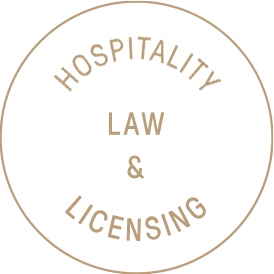Cannabis Trademark Services
Cannabis is still treated as a controlled substance and is illegal under the Controlled Substances Act (CSA), even though many states have individually legalized it under state laws. Therefore, trademarks for cannabis products cannot be federally registered with the USPTO. This poses a hurdle for individuals and businesses seeking to protect cannabis related brands and products from competitors using confusingly similar names. Our cannabis trademark lawyers have significant experience advising individuals and business owners on how to successfully navigate the hurdles of trademark registration in order to develop a brand that can be protected.


